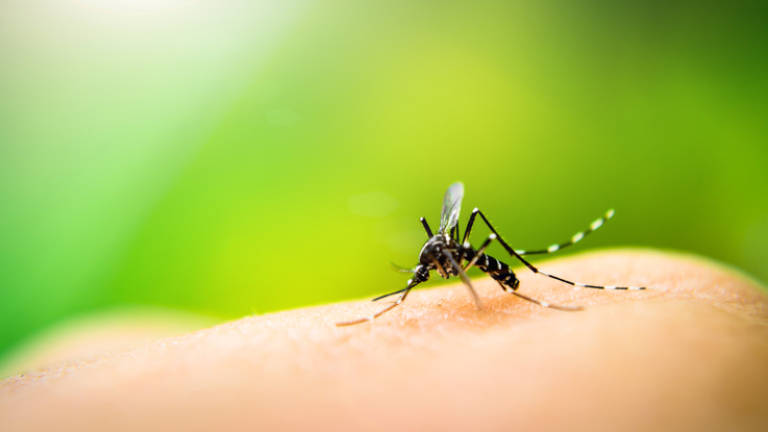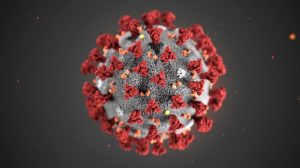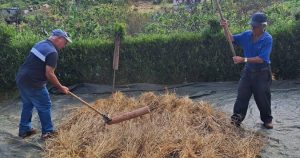Since last week, Portugal has had a Dengue vaccine that does not require prior contact with the virus and is effective against the disease thus preventing the need for hospitalisation for milder cases for up to four and a half years after being administered.
According to the Director of the Institute of Hygiene and Tropical Medicine (IHMT), Filomeno Fortes, previous advice to citizens wishing to travel to a Dengue hotspot, who had not been in contact with the virus before, was to use repellent, and wear long-sleeved tops and trousers to prevent mosquito bites, as the then vaccine could only be administered to those who had already had contact with the virus.
Dengue is among the top 10 global threats to public health, according to the World Health Organisation (WHO), and is found in more than 125 countries. As such, Filomeno Fortes highlighted the importance of the new vaccine, which was approved in December by Infarmed.
“It is already available for people who have or who have not had Dengue, It is suitable for children aged 4 and upwards and for adults until 60. It should be taken in two doses, with an interval of one to three months.
Asked about the possibility of reimbursement by the National Health Service (SNS), he says that it would make sense for the authorities to consider this hypothesis “if there were outbreaks, as has already happened in Madeira.”
“Assuming that here in Portugal, in Madeira, where we have Aedes aegypti, and where there have been dengue epidemics in the past, and where we can face the risk of the epidemic resurfacing, the authorities must decide whether they intend to vaccinate the population as a whole, and, in this case, the NHS must assume the costs,” he said.
Furthermore, the advantage of vaccinating the entire population of a certain area where outbreaks appear is that: “the mosquito when it bites a person introduces the virus into the blood. The antibodies [if the person is vaccinated] prevent the effect of the mosquito from harming them, but that person, while he is infected, and if bitten, can infect another mosquito which, in turn, can transmit the virus to other people.”
He also stressed that the mosquito, once infected, is always infected and that the eggs it lays, when they hatch, “will already be infected by the virus.”
The new vaccine – which protects against all types of dengue – has “an effectiveness of 80% at 12 months” and a 90.4% effectiveness against the need for hospitalisations.
Filomeno Fortes also said that this new vaccine is “completely effective” with regard to variant 2 of Dengue: “With both doses, the probability of developing even mild symptoms is nil.” In relation to the other serotypes (1, 3, and 4), those who are vaccinated may develop “a very mild form of the disease.”
From a public health point of view, he insists on the need to increase literacy regarding the disease, reminding both the population and health professionals that the symptoms can initially be confused with those of flu.
Maintaining surveillance and vector control measures is another priority – especially where the mosquito Aedes albopictus (in mainland territory) and Aedes aegypti (in Madeira) have already been detected – as well as permanent epidemiological surveillance.
He also points out the need to have “diagnostic capacity,” adding that there is a rapid detection test that can be used by any doctor to detect infection, and that they should be available in health centres.
If there is a confirmed case of dengue fever, certain types of medication should be avoided.
In the IHMT, he explained, the indication is for travellers who visit areas where dengue is endemic to be vaccinated at least two weeks before they travel.
Samantha Gannon
info at madeira-weekly.com








